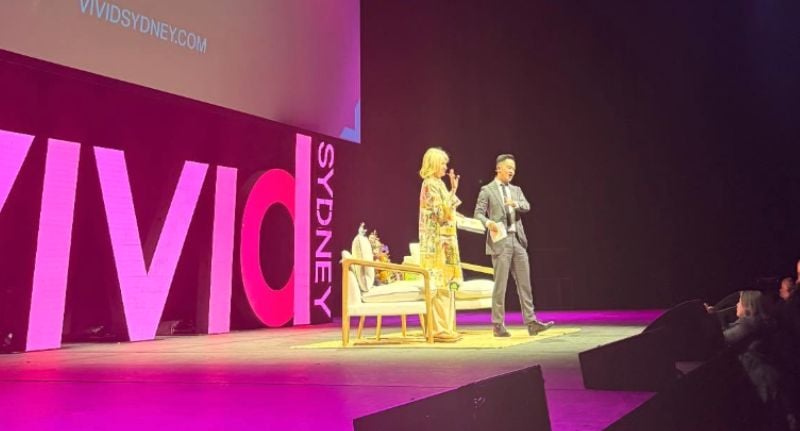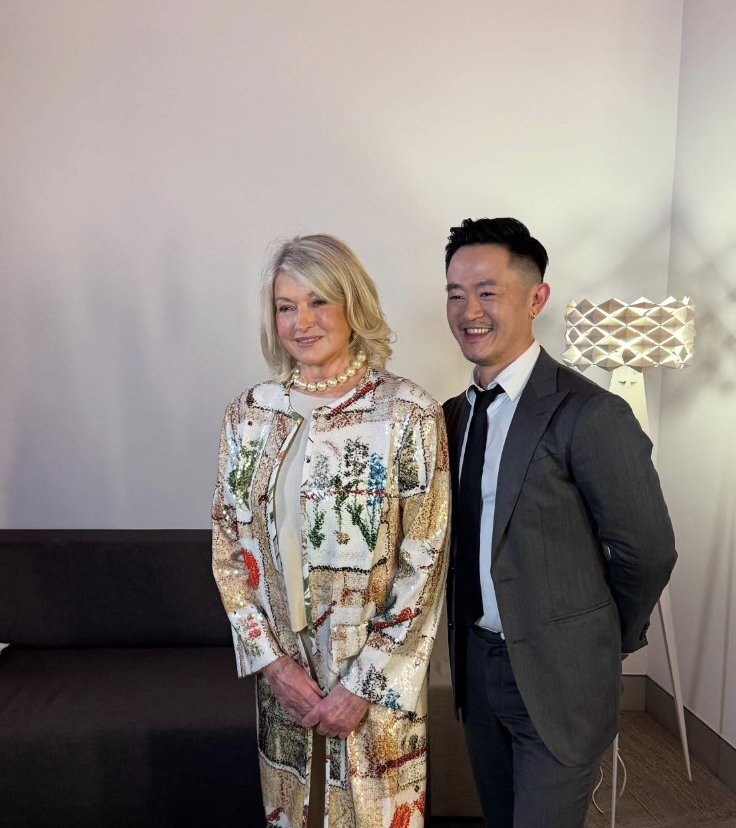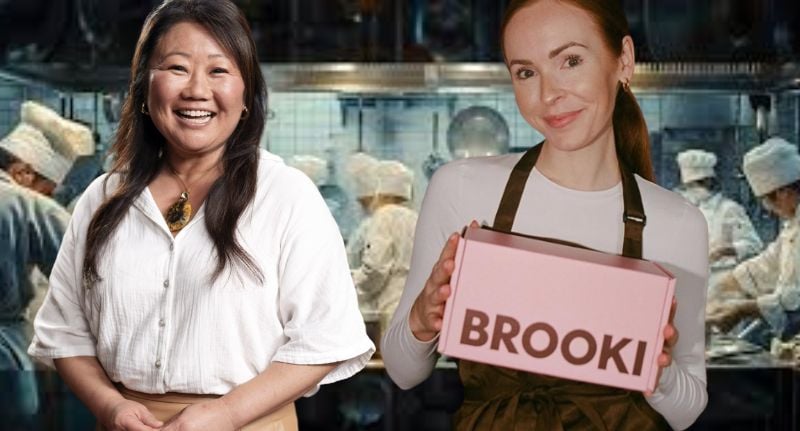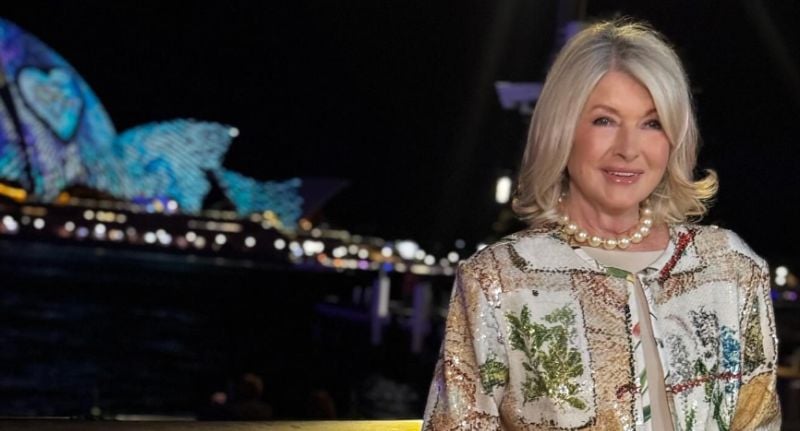At a packed Vivid Sydney event on Wednesday night, Martha Stewart casually added her voice to one of Australia’s most heated food media controversies, one that’s gripped cookbook publishers, food bloggers, and brand marketers alike.
During her on-stage conversation with author and commentator Benjamin Law, Stewart was asked directly about the ongoing plagiarism standoff between RecipeTin Eats’ Nagi Maehashi and Bake With Brooki author Brooke Bellamy. The question: “To what extent does one own a recipe? Have you ever had your recipe stolen, for instance?”
Her answer? A calm, seasoned take with a healthy pinch of pragmatism.
“Probably. But I have so many recipes,” she said.
“I don’t think too many recipes are owned by anybody. They are handed down.”
Stewart went on to say that unless someone lifts a recipe word for word, it’s difficult to call it theft. “They are used and changed,” she said. “If you print somebody else’s recipe word for word in your own cookbook then that might be plagiarism, but I think it’s very hard to prove who actually came up with that particular recipe.”
It was a pointed but even-keeled response from a woman whose brand has built empires, from magazines and TV shows to licensed kitchenware, cookware ranges and publishing deals.
And it landed at a timely moment, with the Australian food world still digesting the public stoush between Maehashi and Bellamy.

A multimillion-dollar recipe debate
The controversy first bubbled up when Maehashi posted on social media accusing Bellamy of copying several recipes, including her popular caramel slice and baklava, and republishing them in Bellamy’s bestselling cookbook, Bake With Brooki, published by Penguin Australia.
“This isn’t just about recipes,” Maehashi wrote. “It’s about what I believe is the blatant exploitation of my work, my words, my ideas, used without my permission in a multimillion-dollar commercial product.”
Her followers, numbering in the millions across social and blog platforms, quickly rallied behind her.
In the days that followed, Maehashi shared side-by-side comparisons of her recipes against Bellamy’s versions, calling out the similarities and revealing that her legal team had contacted Penguin’s lawyers.
Bellamy, who has built her following off fast, accessible home baking content and a strong influencer-style brand, responded through her lawyers, firmly denying the allegations.
“I do not copy other people’s recipes,” she stated. Bellamy added that she had been baking and developing her own creations since childhood, and had been selling original recipes commercially since 2016.
She also offered to remove the caramel slice and baklava from future print runs “to prevent further aggravation.”

A publisher on alert, a brand under pressure
Penguin Random House has remained tight-lipped publicly, but the implications for cookbook publishing, and the brands and advertisers attached to bestselling culinary talent, are significant.
When influencer-authored cookbooks become commercial juggernauts, they attract not just eyeballs but dollars, partnerships, and campaign alignment opportunities across everything from FMCG product launches to branded events.
The integrity of the content, and the perception of authenticity, can make or break trust with both audiences and advertisers.
More claims, more heat
In a further twist, American baking blogger Sally McKenney (of Sally’s Baking Addiction fame) added fuel to the fire, claiming Bellamy also replicated elements of her 2019 vanilla cake recipe.
“Original recipe creators who put in the work to develop and test recipes deserve credit,” she wrote on Instagram. “Especially in a bestselling cookbook.”
Maehashi, it turns out, had tipped her off months prior, suggesting this issue has been simmering for longer than many realised.

Nagi and Brooki
Stress, scrutiny and a personal plea
Bellamy’s camp released a second statement this week, urging media to cease door-stopping her at home. The statement also revealed the author is four months pregnant and dealing with what she called “deeply distressing” media pressure.
“The past 24 hours have been extremely overwhelming,” she said. “I have had media outside my home and business, and have been attacked online. It has been deeply distressing for my colleagues and my young family.”
It’s a reminder that behind the headlines and hashtags are very real people. But for publishers, marketers and media platforms who increasingly invest in talent-led content, the question now is: how do you navigate ownership in a world where ideas are shared, and monetised, at lightning speed?
As Stewart reflected during the Vivid event, with thousands in attendance and a camera crew capturing the moment for the archive: “Who knows?”
